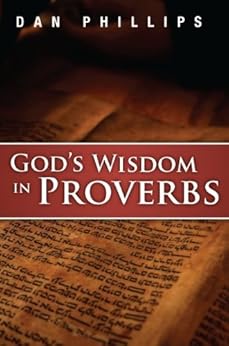Yep.
Aliens show up again in Numbers 15. And what we discover is that the Law of God applies to the aliens just like it applies to everyone else: Numbers 15:29-30 reminds us of this reality. As Olly Perkins once said, “The law’s the law, and we all got to face up to it sometime.” (Reference this excellent film)
Now, we have already looked at the involvement of aliens in worship in Israel, when the issue came up in Leviticus. I will summarize here: the Law applied to all in the land, and all were eligible to sacrifice for atonement for sin. Further, there were defined steps to move from alien to participant in the covenant.
Numbers 15 restates some of these laws, but especially makes clear that there was to be no different law for aliens, sojourners, and sons of Israel. The Law was to be the Law, applied evenly and equally to all.
Why does this matter to us, now?
First, it should matter in our personal lives. Everyone we encounter, whether stranger, alien, or familiar face should be treated with the same dignity and respect that anyone receives. Do we also need to venture into just how that means we as Christians ought to be treating people? While there are practical implications of language, we should never treat someone differently based solely on whether they are “one of us” or not.
Second, it should matter in our churches. Our goal as churches is to spread the Gospel. While I appreciate the use of strategy in planning church outreach, this cannot exclude connecting with anyone we come in contact with and sharing the love of Christ.
Further, we should not structure our churches such that newcomers are unable to become a part of the fellowship just for coming in after we got here. The clique that many fellowships are is a detriment to fellowship-building. No, new member Bob does not know what the traditional Labor Day cookout is. Please include him and tell him.
Finally, it matters to our nation. We are made up of people who have been here, or their families have, for generations mixed with people who woke up here for the first time today. It is patently unfair to structure our laws in any such way that any portion of that spectrum is advantaged over another. There are benefits to citizenship—drop-in, drop-out voters aren’t a good idea; but in terms of fairness before the law, that should remain standard.
To accomplish this, a few things would be necessary. One is to find a way to minimize the legalities of life. Why? Because it takes a lifetime to figure what’s legal!! That’s hardly fair to anyone, but it certainly puts newcomers at a bigger disadvantage. Further, do we structure our cultural life such that others are welcome to participate or not?
Now, alongside this is the realization that we have to know what our base-level culture actually is, but that’s another discussion.
Here is the question at the root of it all: Do we actually live as a nation, a church, a person that welcomes people in for the glory of God?
I know how I would answer that.
Today’s Nerd Note: Note the execution for Sabbath-breaking in the tailing portion of the chapter. The key relevance is this: most of the Law has been expressed in a “When you enter the Promised Land” context. From this, we can assume that there were a few loopholes of grace in the initial travel time from Egypt.
Those loopholes are gone now. The people are to live with all the responsibilities of the Land. Without the blessings of it.







